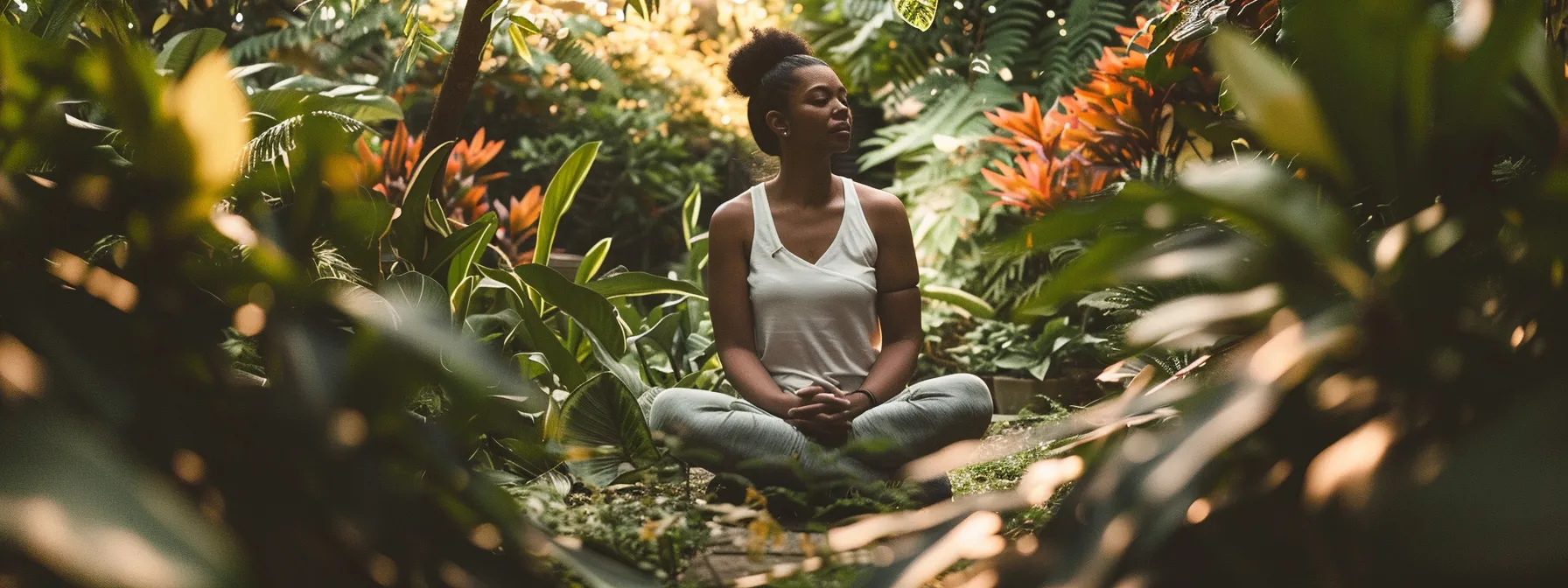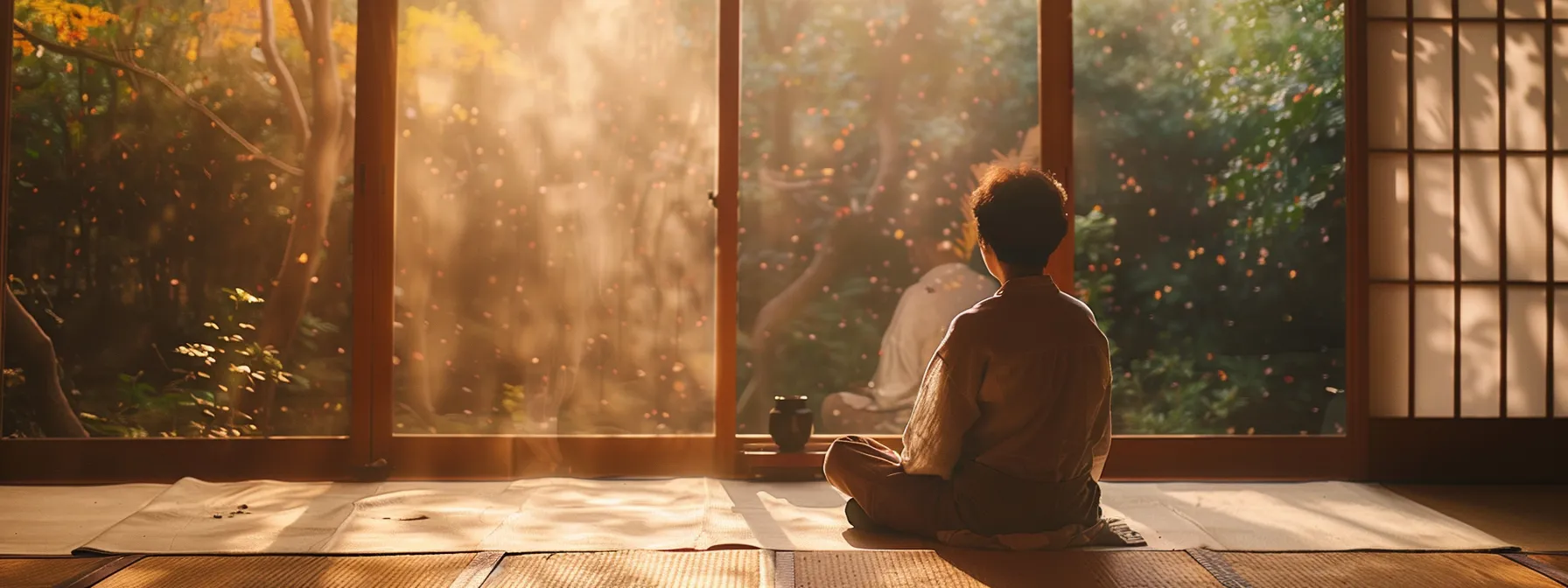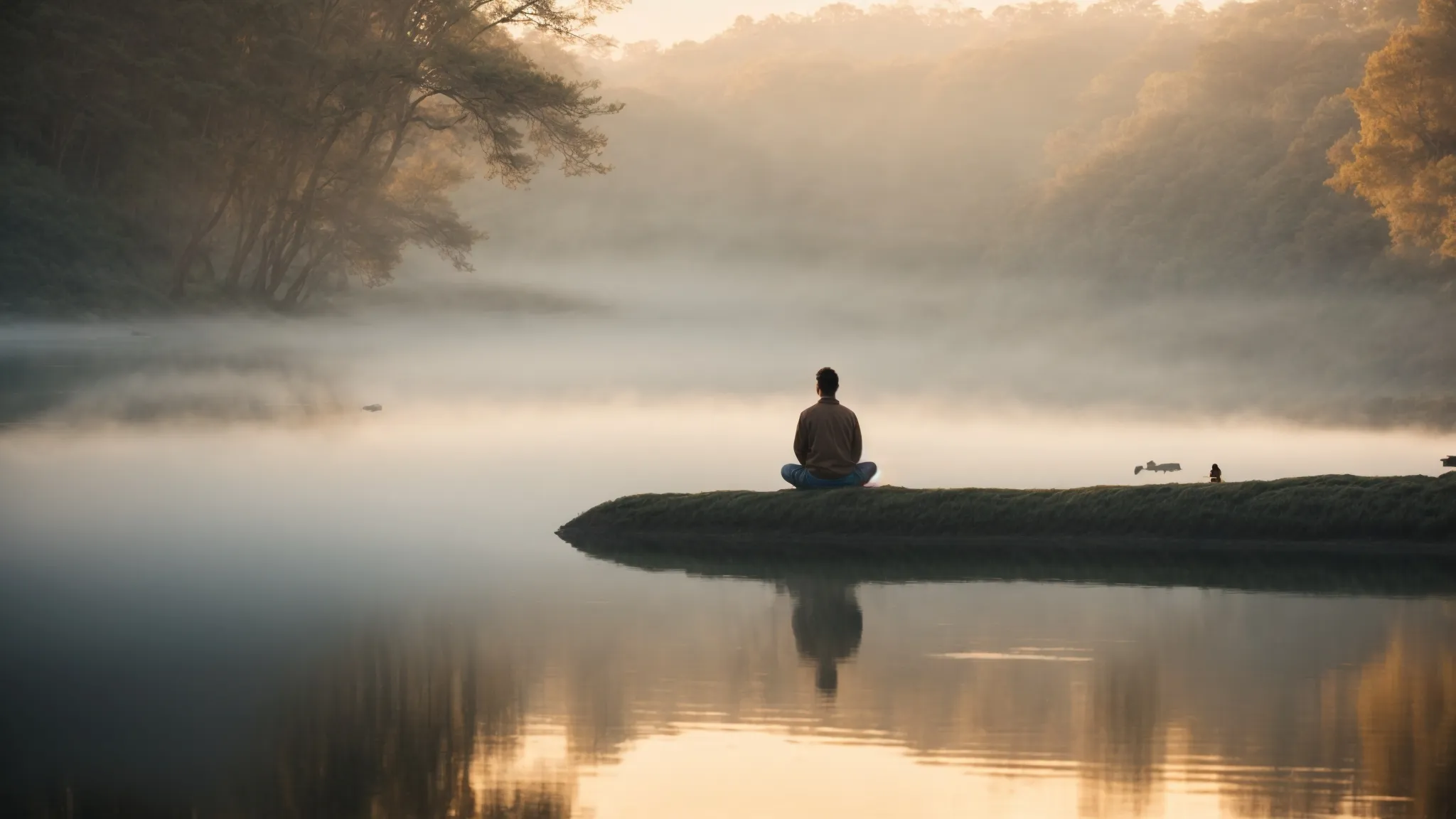Finding Yourself: The Transformative Power of Retreats for Personal Growth
In a world where the pace of life quickens by the day, finding the sanctuary of stillness to focus on personal growth can be a challenge. Retreats offer a substantial opportunity to step away from the daily grind, to reflect, rejuvenate, and reconnect with one’s core self. They provide a structured yet serene environment where individuals can embark on journeys of self-discovery and transformation. The process of introspection and renewal at retreats can be deeply profound, reshaping perspectives and invigorating the spirit. Below, we delve into the myriad ways in which retreats are conduits for personal development and enduring change.
Integrative Activities and Workshops: Tools for Self-Discovery
The activities and workshops offered at retreats are more than just time-fillers; they are pathways that teach you how to achieve spiritual awakening and self-discovery. Yoga and meditation can help in aligning the body and mind, while creative workshops like writing or painting encourage self-expression in forms that might be left unexplored in everyday life.
Beyond the arts, retreats may offer seminars on topics such as nutrition, emotional intelligence, or sustainable living. These workshops provide tools and knowledge that can be applied long after the retreat ends, extending the benefits into daily routines.
Moreover, the hands-on, experiential component of these activities often has a greater impact than passive learning. Being actively involved in the learning process fosters a sense of accomplishment, builds confidence, and establishes new competencies that empower individuals in their personal and professional lives.
Unplugging from the Digital World to Reconnect With Yourself

In this digital age, distraction is at our fingertips, with the constant buzz of devices pulling us away from our inner thoughts and feelings. Retreats encourage a digital detox, asking participants to disconnect from technology and, in doing so, reconnect with themselves. This break from digital dependency is often profound, leading to reduced stress and increased mental clarity.
Without the usual crutch of smartphones and laptops, individuals are prompted to engage more fully with their surroundings and their mental processes. Nature walks, reflective writing, and one-on-one discussions replace screen time, often revealing newfound hobbies and interests that contribute to personal well-being.
The process of unplugging not only refreshes the mind but also allows for a recalibration of priorities. In the absence of digital noise, one might find that goals and aspirations become clearer, and the path to achieving them seems less convoluted. It’s a liberating experience that can redefine one’s relationship with technology going forward.
The Role of Solitude in Cultivating Self-Awareness and Growth

While retreats can be communal, they also offer valuable opportunities for solitude. In solitude, there is space for the inner voice to become more audible and for reflection to deepen. The quietude that envelops alone time is instrumental in cultivating self-awareness, a critical aspect of personal growth.
It is within these quiet moments that one can grapple with transformative questions and confront inner truths that might be uncomfortable yet necessary for growth. Solitude allows for the uninterrupted flow of thoughts, leading to better self-understanding and a clearer vision of one’s path in life.
This practice of silent contemplation can, paradoxically, lead to a feeling of deep connection with the wider world. The realizations and peace that come from solitude often contribute to heightened empathy and compassion, attributes that enhance interpersonal relationships and one’s sense of community.
Post-Retreat Reflection: Integrating the Experience Into Daily Life

As a retreat comes to an end, reflecting on the experience and planning for the integration of new insights into daily life becomes essential. Participants are often encouraged to identify key takeaways and develop a plan of action that will allow the growth experienced during the retreat to influence their everyday existence.
Continuing the practices established at the retreat, such as meditation or journaling, helps to maintain the sense of calm and focus achieved during the stay. Small habitual changes can have a profound long-term impact on well-being and happiness.
Altogether, retreats act as catalysts for lasting personal transformation. They provide the time, space, and tools necessary for individuals to turn inward, reassess their trajectory, and emerge more aligned with their authentic selves. Overall, the journey embarked upon in a retreat can be the first step towards a more aware, balanced, and fulfilling life.
